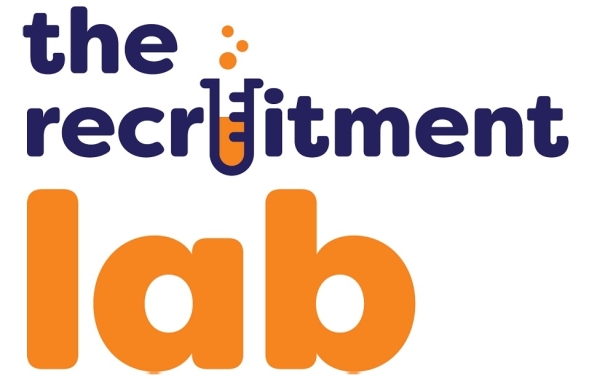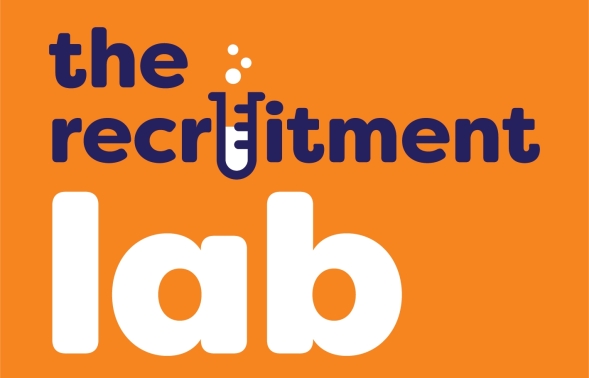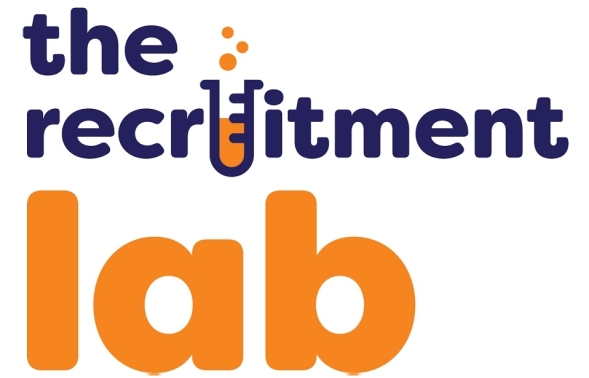The Need for Temporary Staff
As we head into the run-up to Christmas, the demand for temporary staff is set to spike.
Business demands, seasonal fluctuations and the magical deadline of “let’s do this by Christmas” adds fuel to the fire. Couple that with some of the current economic variables and temporary recruitment becomes more attractive than permanent recruitment for business watching the bottom-line.
The number of job vacancies in the UK has been falling for over three years. Organisations have simply stop replacing staff that leave and have cooled overall recruitment in this time. Government decisions have made employment increasingly expensive for business. In some cases AI and automation have filled the gaps.
However, organisations can’t hibernate forever. There is a moment they need to grab the thistle and start moving forward – or else why be in business at all? Temporary staff are a means of meeting seasonal highs and not making long term commitments.
Managing Temporary Staff
Speak to any recruitment, human resources or operations manager and they will confirm that “churn” – a turnover of temporary staff arriving and leaving your organisation is disruptive, hard to manage and time consuming. In short, it’s a problem.
The solution is that somehow you must nurture loyalty and improve retention with employees who are only going to be with you for a couple of months. There are many upsides if you can build that loyalty. Sure, it’s a cost saving in having to repeatedly recruit and train new hires. But more importantly it builds company culture, and actually creates loyal customers. It shows the rest of the team you are providing a great place to work. Nothing creates doubt more than a constant stream of employees in and out of the business day-after-day.
By managing your temporary staff effectively, you build a team that goes the extra mile.
Define Staff Loyalty
Companies need to consider what loyalty actually means to them. I suggest not to think of loyalty as ‘length of service’, instead loyalty is a measure of employee engagement and dedication.
Look at things this way, would you like someone in the team who provides “long term” service but is not actually engaged. Or someone who is dedicated to their work, has a positive impact to the organisation and yet will only be with you for several months. Most organisations would take the latter option and probably fight tooth and nail to extend the employees tenure.
So, this is the next question when it comes to temporary staff and loyalty:
Are you providing the most compelling opportunity to win an employee’s loyalty?
If another organisation is providing a more compelling opportunity…guess where the employee ends up? Do not see it as disloyalty - see it as the employee moving for their best interests and the need for you to reflect on the question above!
Creating Loyalty
So how do you up your game? The first thing I have observed and research backs it up – the employment relationship with temporary staff is often poorly managed.
Too often the onboarding process, the communication levels, the training and the overall effort invested in temporary staff is very different to permanent staff. I accept there would be a difference, but there should not be a such a huge gulf.
These differences can continue throughout a temporary employee’s contract. In short, the relationship with the host organisation is different compared to a permanent member of staff.
Loyalty, engagement, enjoyment, a sense of belonging it is all cemented through relationships with line-managers, colleagues and those that surround us.
If those relationships with temporary staff are different to others in the organisation…ask yourself why and what you think the outcome would be?
So this is the bit which is not rocket science – treat temporary staff fairly and comparably to permanent staff. Be fair in how reward and punishment is distributed. Foster supportive relationships, invest time in individuals, talk to them on a personable level and get to know them.
How about involving temporary staff in meetings and briefs that ensure they learn how meaningful their work is to the organisation and their customers. Give recognition for great work and provide development opportunities so new skills can be learned. These are the things which create loyalty.
On the flipside; when temporary staff feel they have been mistreated by employers – not communicated with, not recognised, not offered a permanent contract initially, not paid extra for working overtime requested of them, not being given praise and rewards for their efforts…and worse not even being known by their name – the employee performs worse, has greater job neglect and a higher intention to leave…their loyalty was not secured.
In Conclusion
True loyalty isn’t about length of service — it’s about engagement. Get that right, and even your shortest-term hires can leave a positive long-term impact on the business.
About the Author:
Simon Royston is the founder and Managing Director of The Recruitment Lab (A recruitment agency with offices in Aldershot and Brighton that offers employment services across Berkshire, Hampshire, Surrey, Sussex and beyond). Simon lives in Guildford and has worked in Recruitment for over a decade. He has a degree and a master’s in psychology as well as a diploma in Human Resource Management. If you would like to know more about anything written in this blog or would simply like to express your own thoughts and opinions do not hesitate to contact Simon through The Recruitment Lab website





















